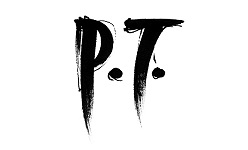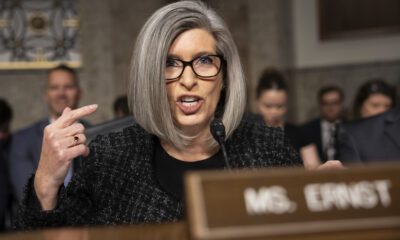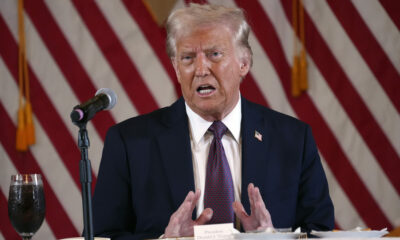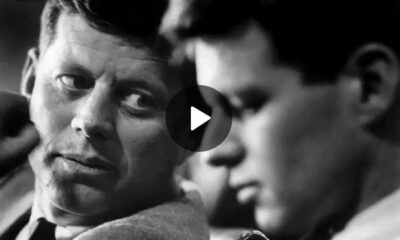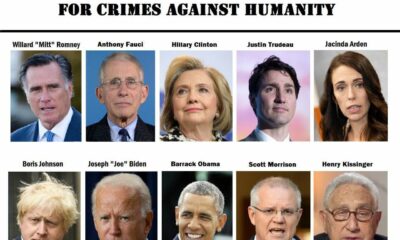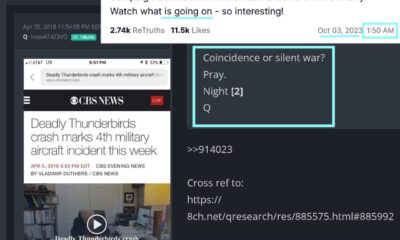Sport
Watching Sports in a Season of the Coronavirus
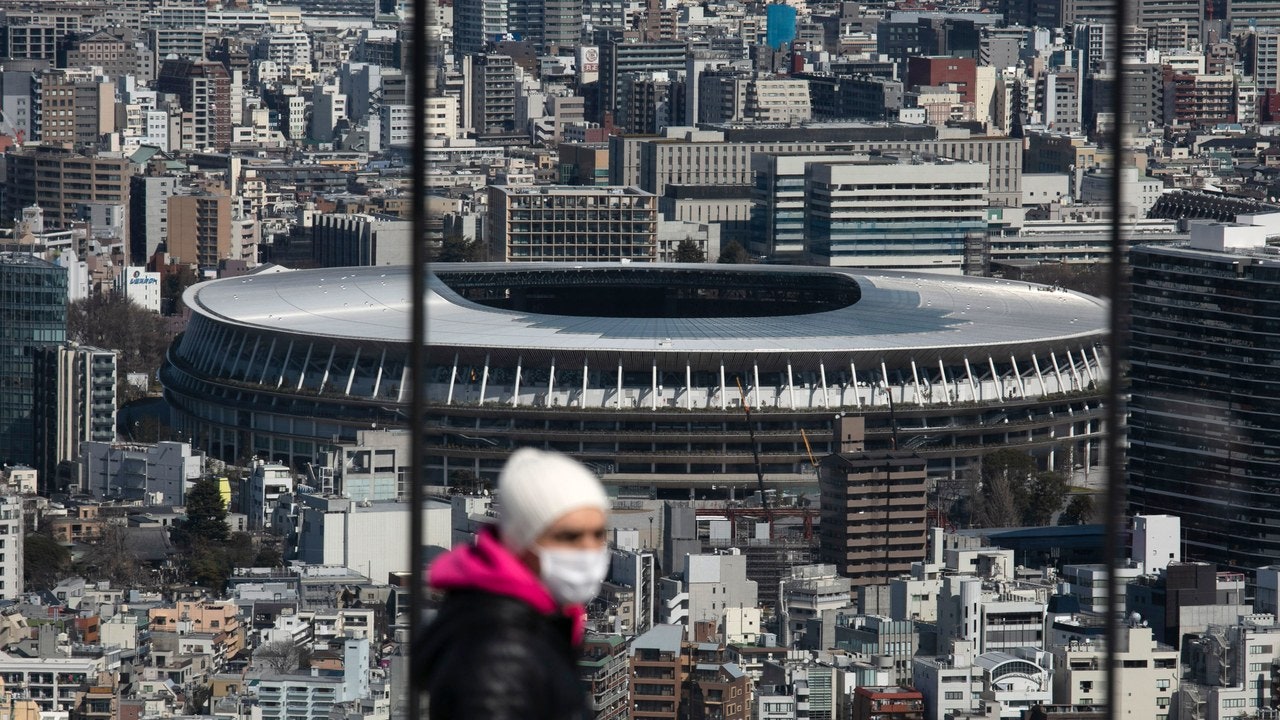
There is a handshake carved onto a three-thousand-year-old Assyrian throne, and there are handshakes etched onto Athenian gravestones from the fifth century B.C.E. Hands grasp hands on old Roman coins. “They shook hands and swore brothers,” Shakespeare writes in “As You Like It.” On Monday, at a press conference, as more confirmed cases of the coronavirus began to be reported around the country (and the world), the U.S. Surgeon General, Jerome Adams, said, “We should probably rethink the handshake for a while.” People have suggested tapping elbows, politely bowing, waving from afar, or “footshaking” (good luck with that). As long as people wash their hands and avoid touching their faces, it’s not clear how much of a problem handshakes will actually be—and, in any case, I usually prefer to keep my hands to myself. But it’s hard to imagine sports without handshakes—and high fives and sweaty hugs, not to mention sustained physical contact.
Already, some leagues and teams are altering standard rituals in response to the pandemic. The Atlantic 10 Conference basketball tournaments have banned pre- and post-game handshakes among players. The N.B.A. recently circulated a memo urging players to use fist-bumps instead of high-fives with fans. The Portland Trail Blazers’s C. J. McCollum announced on Twitter that he was “officially taking a break from signing autographs.” (The Boston Celtics’ Kemba Walker told ESPN, “I’m pretty sure I’m still going to sign some autographs, but maybe I’ll just walk around with my own marker.”) Joe Baudo, the president of the New York State Amateur Hockey Association, which has a big tournament starting on Friday, told a local radio station that, after games, “the players will leave their gloves on and fist-bump each other as they go through the line, instead of taking gloves off and shaking hands.”
In Japan, baseball teams are playing pre-season games inside otherwise empty stadiums, the announcer’s voice echoing strangely as it bounces around the bare stands. (“It’s so quiet it’s almost uncomfortable to make a sound,” a correspondent for CNN said, reporting from a game a few days ago.) Several games in the top tier of the Italian soccer league have also been played behind closed doors; others were postponed. The world indoor track-and-field championships, scheduled for later this month, in Nanjing, China, has been pushed to next year. The Tokyo Marathon, normally one of the most popular in the world, was run, on Monday, only by élite runners and wheelchair athletes; spectators were urged to stay away. The Basketball Africa League, a new effort affiliated with both the N.B.A. and FIBA, has delayed the start of its inaugural season.
Many of us, most of the time, can take the risks of major sporting events for granted. Thousands of people convene, from distant places, and come into close contact with one another, touching common surfaces—bathroom faucets, turnstiles—and crowding together at points of entry and in food courts. In some stadiums, they jam into bleachers; in others, into stands. The National College Players Association, a college-athlete advocacy group, has urged the N.C.A.A. to consider holding events without spectators and to cancel public obligations, such as news conferences. Think of college basketball, and then picture Duke’s Cameron Indoor Stadium without the Crazies (a blessed vision to some, I realize). But stadiums aren’t the only, or even the primary, place where people congregate to watch sports. They go to friends’ houses and to watch parties and to bars. In 2010, epidemiologists secured a grant to study the spread of swine flu at the Vancouver Winter Olympics, only to find the situation was under control by the time the Games began; instead, they tracked a measles outbreak in British Columbia to two visitors to the Olympics. It appears that it spread through public, Olympics-related gatherings.
Wired described that story four years ago, in a piece titled “If You Want to Study Disease, the Olympics Are Where to Be.” Whether or not the International Olympic Committee will cancel or postpone this year’s Olympic Games, which are scheduled to begin on July 24th, in Tokyo, is probably the biggest coronavirus question in the sports world. Around eleven thousand athletes, from two hundred countries, and an estimated seven and a half million ticket holders are expected to descend on one of the areas most affected by the outbreak—and then to leave it, bringing with them whatever they’ve caught. In the best of times, as the Wired story makes plain, the Olympics—and particularly the close quarters of the athletes’ village, where athletes often bunk (and, not infrequently, share beds)—is a vector for viral transmissions. Researchers who studied the Finnish delegation to the 2018 Winter Olympics found that forty-five per cent of athletes and thirty-two per cent of staff reported symptoms of a respiratory infection over twenty-one days during and surrounding the Games; they also identified multiple strains of influenza, coronaviruses, and other viruses that manifested as the common cold.
The I.O.C. is adamant that the Games will go on, as they always have except in times of war. John Coates, the organization’s Tokyo event coördinator, told reporters, “There is no case for any contingency plans or cancelling the Games or moving the Games.” That may seem the height of hubris—or, perhaps, greed, considering the organization’s undistinguished record on ethics. But there is a lot at stake even beyond the billions in sponsorships and television money: many people orient their entire lives toward those two brief weeks.
The major sports leagues in the United States are taking a wait-and-see-approach, dutifully issuing statements about internal task forces and contacts with experts. Cancelling or altering games and events may become necessary—or not; the uncertainty surrounding the virus at the moment is part of its hold on the public imagination. But, already, large institutions across the world are temporarily shutting down. Schools are closed, and conferences have been called off. Suspending a sports tournament or even part of a season should be no different—and, yet, it seems, to me, somehow harder to imagine. Sports, for better and worse, play an outsized role in social cohesion. They distract and comfort even fans who may seem to have little, locally, to cheer for.
Perhaps that’s why my mind keeps returning to those moments when people touch one another. A basketball player backing his way into a defender, a defensive end sacking a quarterback, students hopping up and down together in the stands of an arena. I think of rough contests giving way to reconciliations; LeBron James hugging Zion Williamson. A tennis match, for me, isn’t over after match point; it ends when the players meet at the net and make physical contact for the first time since before the first serve. However genuine the show of respect is or isn’t, that gesture defines the game as a game, as opposed to pure conflict. It’s not the contact so much as what it symbolizes: how we want to treat one another. And the more that good, pro-social behavior involves keeping our distance, the more I find myself appreciating those spaces in which—and those moments when—that distance can be breached.
-
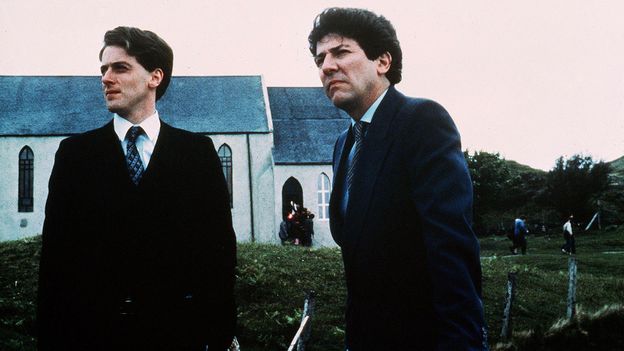
 Culture2 years ago
Culture2 years agoLocal Hero: Why the iconic Scottish environmental film was decades ahead of its time
-
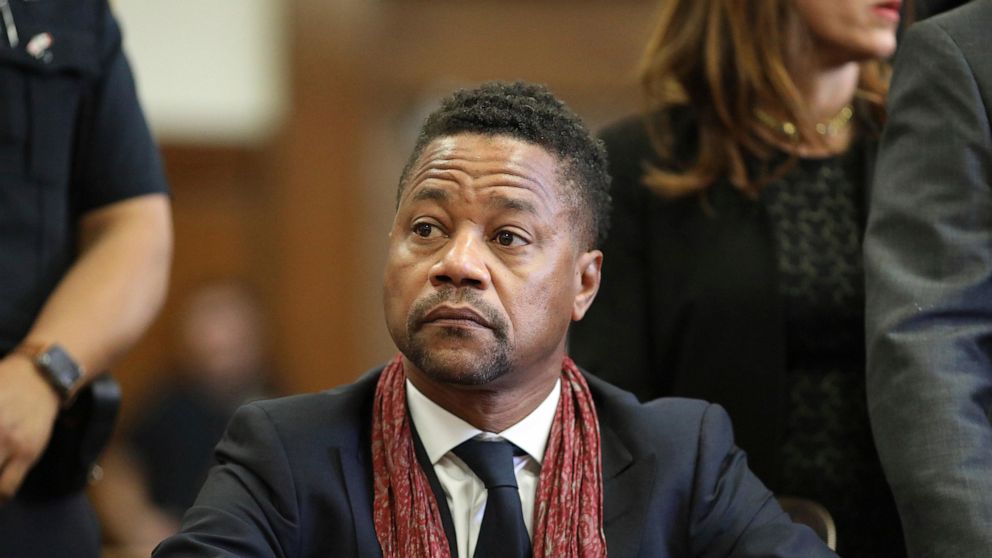
 Entertainment1 year ago
Entertainment1 year agoOscar winner Cuba Gooding Jr. settles civil sex abuse case, averting trial
-

 Healthcare2 years ago
Healthcare2 years agoMerck sues HHS over drug negotiation, claims program ‘tantamount to extortion’
-
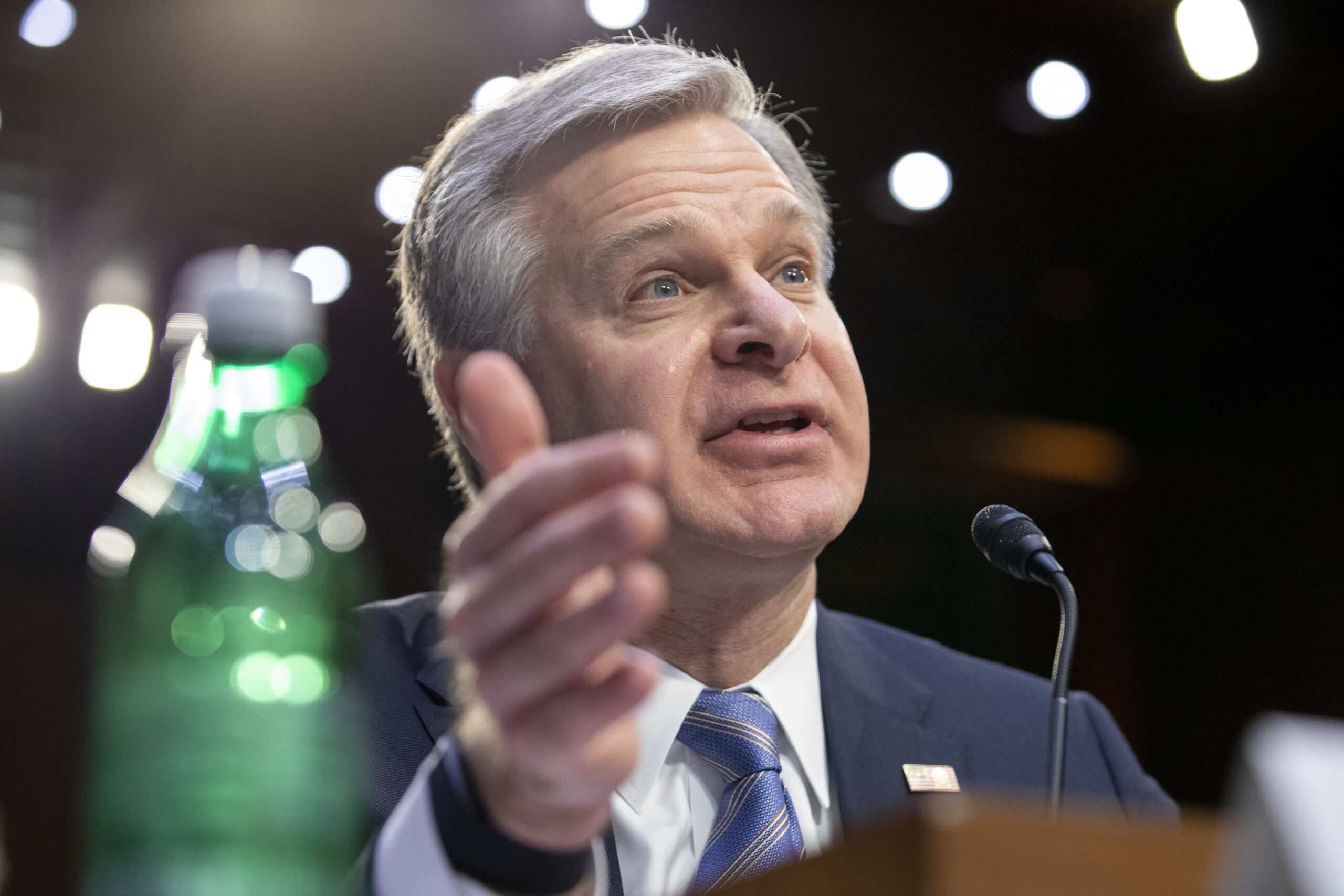
 Politics1 year ago
Politics1 year agoHouse GOP tees up contempt vote for FBI director as Biden probe heats up
-
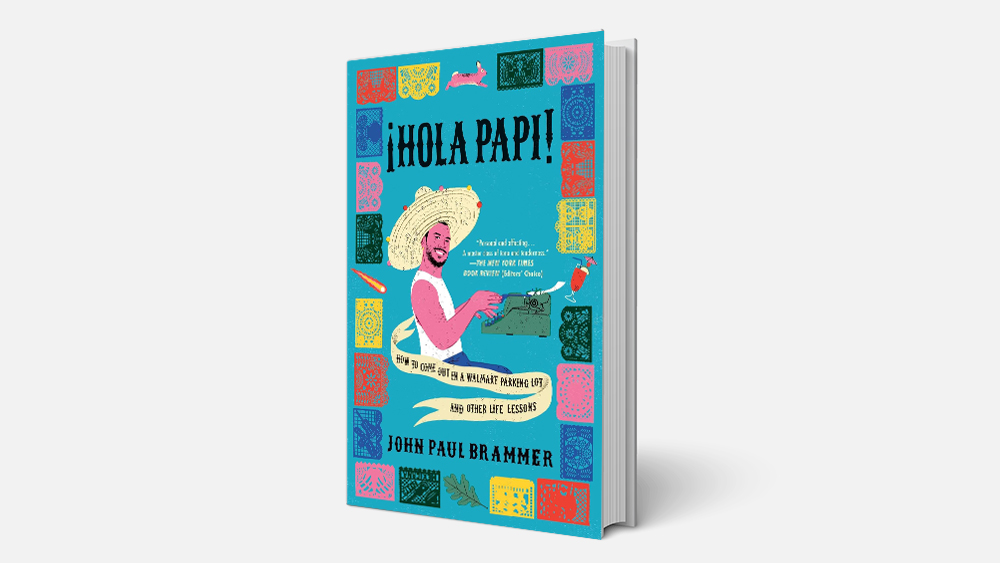
 2 years ago
2 years agoJohn Paul Brammer Memoir ‘Hola Papi’ Optioned by Funny Or Die
-
Sport2 years ago
Manhattan driver who killed pedestrian had been drinking all day: prosecutors
-
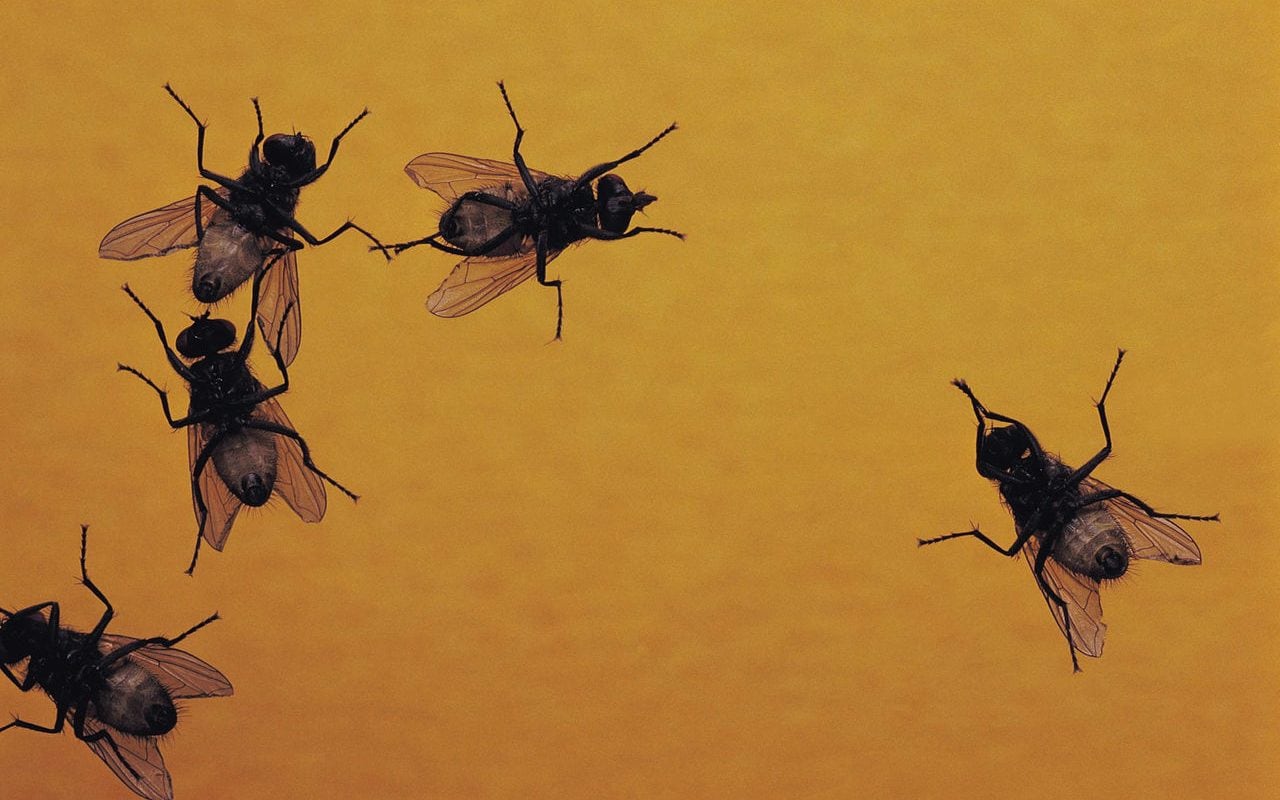
 Lifestyle2 years ago
Lifestyle2 years ago‘Why aren’t there as many flies these days?’ and other excellent Telegraph readers’ questions
-
Culture6 years ago
Musical notes: how male pop stars are making love songs all about them
